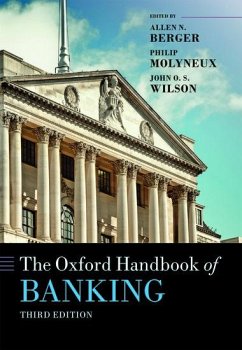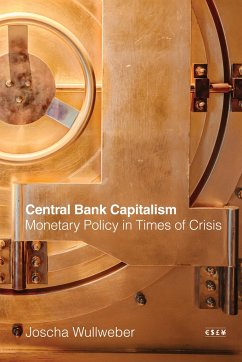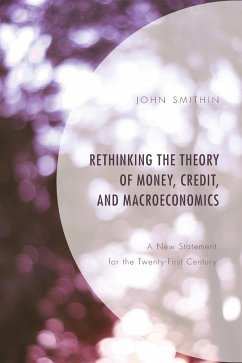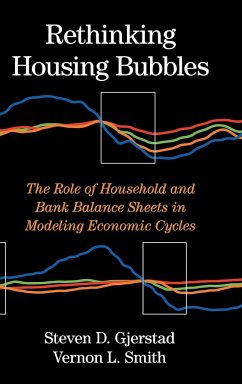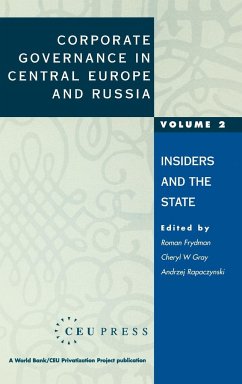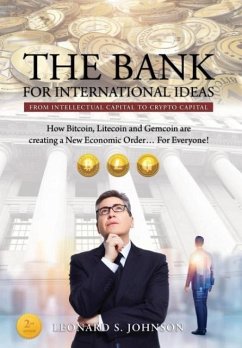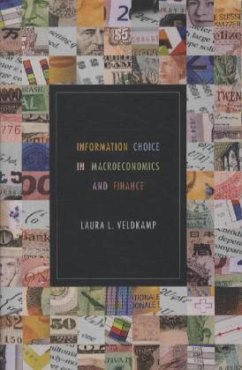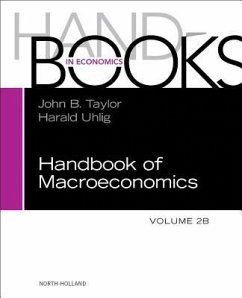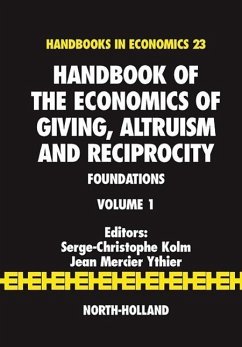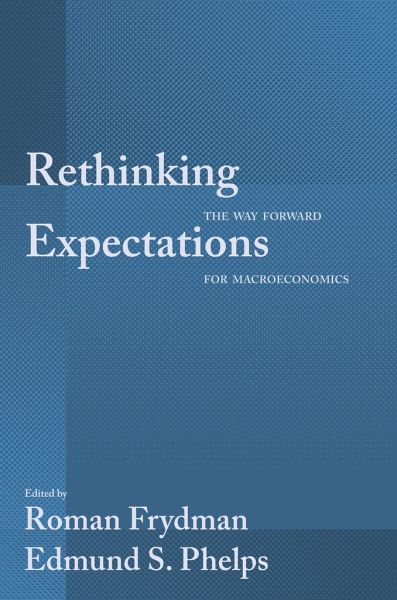
Rethinking Expectations
The Way Forward for Macroeconomics
Herausgeber: Frydman, Roman; Phelps, Edmund S

PAYBACK Punkte
36 °P sammeln!
"The 1970 Phelps volume has been extremely influential in macroeconomics. Three of its contributors went on to win Nobel prizes for work detailed in the book, and it inspired many others who contributed to the small equilibrium models that became the workhorses of macroeconomics. Yet virtually all of these models use the assumption of rational expectations. In this new volume, Phelps and Roman Frydman assemble a new group of scholars to critique the work based on rational expectations. Phelps and Frydman argue that rational expectations destroyed one of the key premises of the original book--t...
"The 1970 Phelps volume has been extremely influential in macroeconomics. Three of its contributors went on to win Nobel prizes for work detailed in the book, and it inspired many others who contributed to the small equilibrium models that became the workhorses of macroeconomics. Yet virtually all of these models use the assumption of rational expectations. In this new volume, Phelps and Roman Frydman assemble a new group of scholars to critique the work based on rational expectations. Phelps and Frydman argue that rational expectations destroyed one of the key premises of the original book--that independent expectations are critical for understanding macroeconomic phenomena. The contributors to this follow-up volume make a convincing case for the failure of several models with rational expectations, and present thought-provoking alternatives. Their efforts to build macroeconomic models without the rational expectations hypothesis might have the impact in their areas of research that the original volume had."--Christopher Pissarides, Nobel Laureate in Economics "Microeconomic Foundations of Employment and Inflation Theory, edited by Edmund Phelps forty years ago, established the concept of 'micro foundations' as an essential macroeconomics idea. Later, 'rational expectations' was added as the second pillar of the current standard macro model. Recent events have challenged the validity of that model. This new Phelps volume, coedited with Roman Frydman, challenges and offers alternatives to the second pillar while retaining the first. It is a must-read for anyone interested in modern economic thought and its implications for policy."--Dale Mortsensen, Nobel Laureate in Economics "A great volume."--Peter Howitt, Brown University "This book brings together an exceptional group of economic theorists who discuss future avenues that the economics profession can take to replace the paradigm of rational expectations. The task is challenging and the outcome of the project still uncertain, but all the chapters are very interesting."--Fabrizio Coricelli, Paris School of Economics





